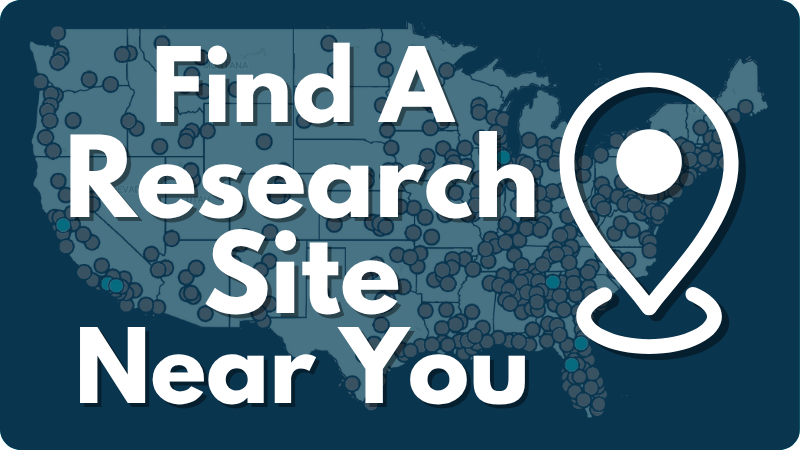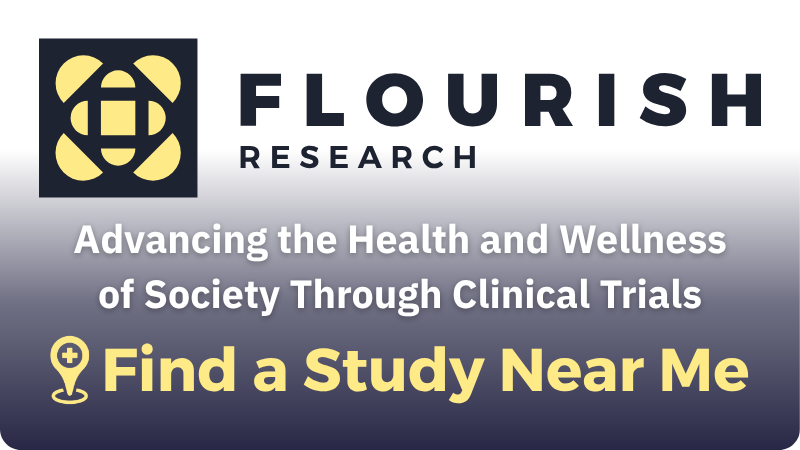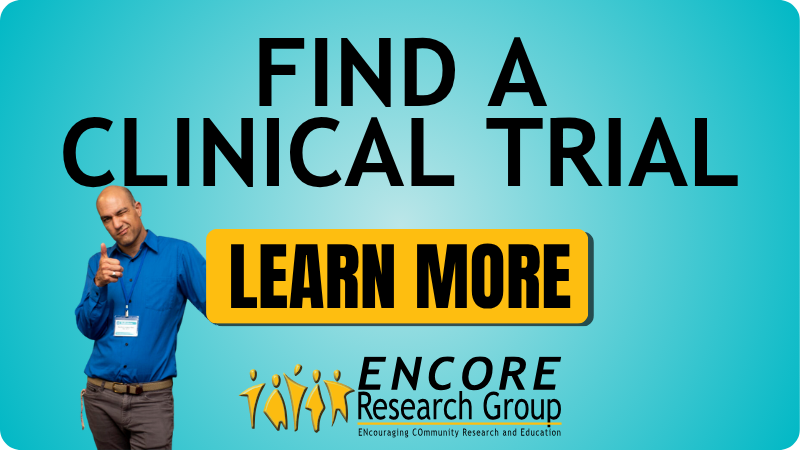Unpacking what Positive Headline Results Mean in a Repatha Study

Audio
Transcripts
Transcript Generated by AI.
Announcer: 0:00
Welcome to the MedEvidence! Monday Minute Radio Show, hosted by Kevin Geddings of WSOS St. Augustine Radio and powered by ENCORE Research Group. Each Monday morning, Dr. Michael Koren calls in to bring you the latest medical updates with insightful discussions. MedEvidence is where we help you navigate the real truth behind medical research with both a clinical and research perspective. So sit back, relax, and get ready to learn about the truth behind the data in medicine and healthcare. This is MedEvidence!
Kevin Geddings: 0:31
Very interesting early preliminary results from a study that involved folks right here in St. Augustine, right, Dr. Koren?
Dr. Michael Koren: 0:37
Yeah, yeah. This past week there was the release of what we call top-line results for a study called the Vesalius Study, which is a study of a drug called Repatha. People may have heard that because it's a drug that's actually been on the market for a while. In fact, our group has worked very extensively on developing this drug, approved by the FDA in 2015. But what we didn't know about the drug, Kevin, was whether or not it helped prevent the onset of a first heart attack or a first stroke. So previous study showed that in fact this drug Repatha reduced heart attacks and strokes in people who are known to have had previous problems with either heart disease or stroke or peripheral arterial disease. But this study was actually looking at people, and it was conducted in St. Augustine, as you mentioned, looked at people who are actually not yet diagnosed with a heart attack or stroke. And what it found, again, just the top line, is that indeed the drug was effective, that when you use this drug on top of statins by and large, that it prevents the development of a first-time heart attack and stroke. So we're excited about that, but there's there's some nuances here. Which is one, when they release the results, they didn't release it in a full scientific format. In fact, we're all waiting for that full scientific format to be released at the American Heart Association meeting, which is coming up next month. But because the sponsor for this program is Amgen, they have an obligation based on securities law to release what they know about a major study as soon as they know about it, even if they don't give all the details. So it's fascinating is that here here I am just at my computer and all of a sudden I get this notification that in fact the top line of this study has come out and it is positive for the drug Repatha. And this is driven actually by financial market issues, not scientific issues. But we'll get a lot more information about it in a scientific forum next month at the American Heart Association meeting.
Kevin Geddings: 2:38
Right. And Dr. Koren, not to get too much into the weeds, but what does Repatha actually do in our bodies? I mean, what's it doing to help us out?
Dr. Michael Koren: 2:45
Sure. Well, Repatha is a cholesterol drug that's called a PCS K9 inhibitor. And what that does is it helps our liver cells remove cholesterol from the circulation. And it's extremely effective. So when you use this drug, it'll lower your LDL cholesterol by about 60%.
Kevin Geddings: 3:03
Wow.
Dr. Michael Koren: 3:04
So uh we've known that it's an extremely effective drug. As I mentioned, we've known that it works really well with statin drugs, and for some people they can't take statins. But what we did not know was whether or not it can prevent a first heart attack and stroke, but now we know that.
Kevin Geddings: 3:18
Right. Well, and this uh data that we're sharing with folks this morning, of course, does involve folks who participated here in the St. Augustine office of ENCORE Research Group, right? And that's that's exciting. That points to all sorts of other opportunities for our local listeners to participate in leading edge clinical research, correct?
Dr. Michael Koren: 3:35
Yeah, it it it's it's definitely one of those things that I consider part of the value proposition for participating in research. So when you're in a study like this, it's a longer term study. So this has been been going on for 4 or 5 years. You get a lot of attention, obviously, all this is free of charge, and we actually pick up some expenses for you. And uh during this, you kind of hear the story about this drug and why we're studying it, and get little tidbits about your health along the way. And then lo and behold, the answer to the story comes out, and everybody gets super excited about it. So we'll of course have to have some sort of celebration. But uh to your point, um, these opportunities exist as we speak. And there are other studies that are doing similar things that are also trying to see what happens to people, what benefits can they expect when you get your cholesterol levels down to really, really low levels, or when you get that lipoprotein little A down to virtually nothing. Right.
Kevin Geddings: 4:26
Well, once again, if you have uh an interest in this, but really just about any health care issue you may have, any chronic condition you may be dealing with, uh odds are there is a study going on or there is a way for you to participate. So we encourage you, really, uh if you've been listening to us all these Mondays and you haven't made this phone call, call and learn how you can participate uh in some of this research and benefit from it. And to be honest, get some of the best health care you'll ever experience. Both myself and also Karen and our team here have participated in studies at ENCORE Research Group. Go to Encoredocs.com, E-N-C-O-R-E, Encore Docs.com. And we can't let you go without talking a little bit about MedEvidence, right? Go to medevidence.com. What do they go to find, Dr. Koren, on that platform?
Dr. Michael Koren: 5:09
Oh, you're gonna find literally hundreds of interviews with leading physicians from around the world. And it's an interesting format where two knowledgeable physicians just chat about a medical issue. And we basically tell you what we know about a particular issue, the things we don't know about the issue, and then how we're gonna learn about this issue through clinical trials and other types of research. So uh it's a fascinating format. I'm getting tremendously positive feedback on it. People love sort of the laid back, honest approach to medical issues rather than just trying to sell you something. We really help you analyze it so you can make good decisions for yourself and your family.
Kevin Geddings: 5:46
Yeah, well, this is great. Well, once again, check out that website, medevidence.com, and check it out before you rely on what you're gonna see on Snapchat or Instagram or Facebook. Go to medevidence.com, the Truth Behind the Data, Encoredocs.com. And if you're interested in this research that we've been talking about and you have a health condition, we encourage you once again to call this number here locally in St. Augustine. They're located next door to UF Flagler Hospital, 904-730-0166, 904-730-0166. Dr. Koren, thank you for all your time and good luck to the Jags tonight, right?
Dr. Michael Koren: 6:23
Absolutely. Go Jags.
Announcer: 6:25
Thanks for joining the MedEvidence! Podcast. To learn more, head over to MedEvidence.com or subscribe to our podcast on your favorite podcast platform.




